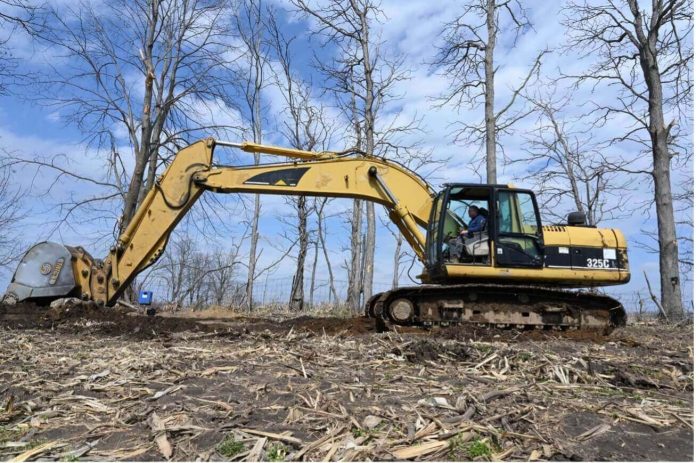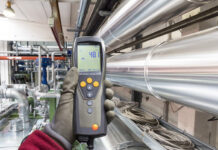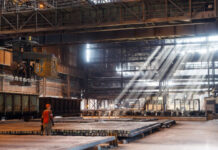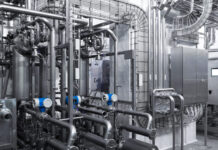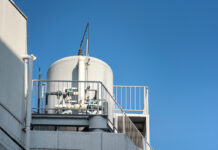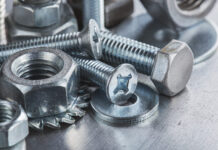If you are anything like me, you take the time to run maintenance tasks on your car to make sure it runs well. But what about those heavy-duty pieces of machinery? After all, they require a lot more maintenance than your average sedan does. If for some reason, you don’t do preventive maintenance on your heavy machinery and there’s a problem with it as a result, not only will you have to spend money on repairs, but it may also put other people in danger. You may also check out training courses available at Link Resources to guide you throughout the process.
That’s why we’ve created this list of standard preventative maintenance practices that every owner should be doing! However, for the comprehensive list, consult the machine’s manufacturer for the heavy equipment preventive maintenance checklist pdf appropriate for you. You should also check out the guide for 6.7 cummins flywheel removal.
Standard preventive maintenance practices include;
1. Change Out Hydraulic Oil
Hydraulic systems are used to move heavy loads and provide a lot of machine power. They can be used in a wide variety of scenarios, from loading cranes to the operating room in the hospital. Although hydraulic systems have been used in industry for many years, they still have some issues with their fluid systems.
Hydraulic oil is the lifeblood that keeps these systems going, but it can cause problems when it gets too dirty. Dirty fluids accelerate the wear and tear on pumps and motors. By regularly changing out your hydraulic oil, you’re taking an essential step in ensuring that your system is running smoothly. If you don’t change this fluid appropriately, your oil can become contaminated, and the machine will begin to leak.
The frequency of how often you need to change out your hydraulic oil depends on several factors. How much use is the machine getting? How far does it travel from its original location? To better answer those questions, you may need to consult your machine’s manual or some professional advice, but one thing is for sure. If you do not change out your oil regularly, it can cause problems with your hydraulic system very quickly.
2. Check Oil Filters in All Engines
Engines are what make gearboxes go. They harness the power of the vehicle and use it to get to the job site. Without an engine, heavy machinery is basically immobile. The best part about them is that they should last you for years if you get regular oil changes.
For this reason, you must check your engine’s oil filters regularly to avoid any problems with efficiency. The same applies to other machines that use an internal combustion engine.
3. Check Gear Train
In machines with gear trains, the gears make sure that everything works in sync. They also provide a lot of strength and torque in order for a machine to move specific loads. Gear trains are essential in construction vehicles because they make the entire vehicle stronger. The best part is that they’re easy to maintain and keep up with if you know what to look for.
By taking care of your gear trains on a regular basis, you’ll keep the gears in the perfect shape they need to be in. It is vital because worn or damaged gear trains can decrease an engine’s efficiency and cause other problems.
4. Inspect Your Hydraulic Units
Hydraulics are an integral part of heavy machinery because they make machines like forklifts move hefty loads easily. If you notice any openings in these units, it can be dangerous. Opening the hydraulic unit increases the potential for leaks and the contamination of the hydraulic fluid.
To prevent issues with your hydraulic units, ensure all components are securely sealed. If you find any openings, have them repaired immediately. Such problems can cause significant damage to the machine if something inside breaks or becomes exposed. Additionally, consider investing in plastic hose wrapping to safeguard the hydraulic system from cuts and abrasions.
5. Check Safety Systems Regularly
Any heavy machinery needs to have safety features installed in case an emergency occurs. If the emergency happens while the machine is moving or lifting, there’s a chance that serious injury may occur for someone nearby.
To prevent any problems with your safety systems, you’ll want to make sure that they’re checked regularly. It may not seem like a big deal, but safety systems can malfunction easily if they’re not taken care of properly. If you don’t ensure proper preventive maintenance, safety components can also begin to wear out over time. It can expose your personnel to the risk of incurring injuries resulting in liabilities for your company.
Conclusion
These are just a few standard practices that maintenance technicians use on heavy machinery throughout the day. These maintenance practices must be completed at certain intervals, some periodically and others before and after each shift. It is crucial to ensure that these maintenance jobs are complete because having missing parts or cracked hoses can lead to severe damage within a matter of minutes.


